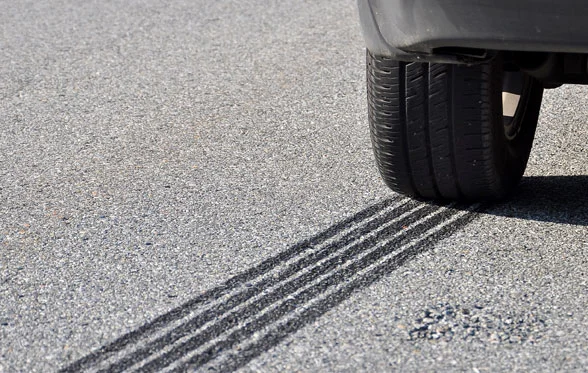The currently applicable version of the EU Regulation on heavy duty vehicle emissions, (EU) No. 582/2011 as last amended by (EU) 2020/1181, requires vehicles using diesel fuel to be tested using (B7) diesel reference fuel. (B7) diesel fuel contains 7% biodiesel and is representative of the diesel fuel specification that is widely available throughout the European Union. However, in recent years, diesel fuels containing a higher percentage of biodiesel, e.g. (B20 and B30), and even pure biodiesel (B100) fuels have started to become commercially available. To ensure that new heavy duty vehicles and engines are compatible with such fuels, and to encourage the use of such fuels, the European Commission have recognised that (EU) No. 582/2011 requires updating to cover the use of these fuels.
A draft version of the EU Regulation amending (EU) No. 582/2011 to introduce the necessary amendments allowing the use of pure biodiesel fuel was published on the European Commission’s "Better Regulation"web site on June 1, 2022 for public consultation, with the reference Ares(2022)4083176.
This draft Regulation introduces a new reference fuel specification for pure biodiesel (B100), whilst maintaining the existing reference fuel specification for (B7) diesel fuel. To demonstrate compliance with the emissions requirements for a vehicle / engine that is capable of running on the full range of diesel fuel specifications, i.e. from (B7) to (B100), it is necessary to carry out type approval testing using both (B7) and (B100) reference fuels. However, to minimise the amount of duplicate testing required, it is proposed that type approval for a parent engine tested using (B100) reference fuel can be extended to all members of the same engine family and to all biofuel blends without further testing.
To allow vehicle and engine manufacturers to take advantage of these new requirements as quickly as possible, it is proposed that they should come into force on the third day after the final Regulation is published in the Official Journal of the European Union.
